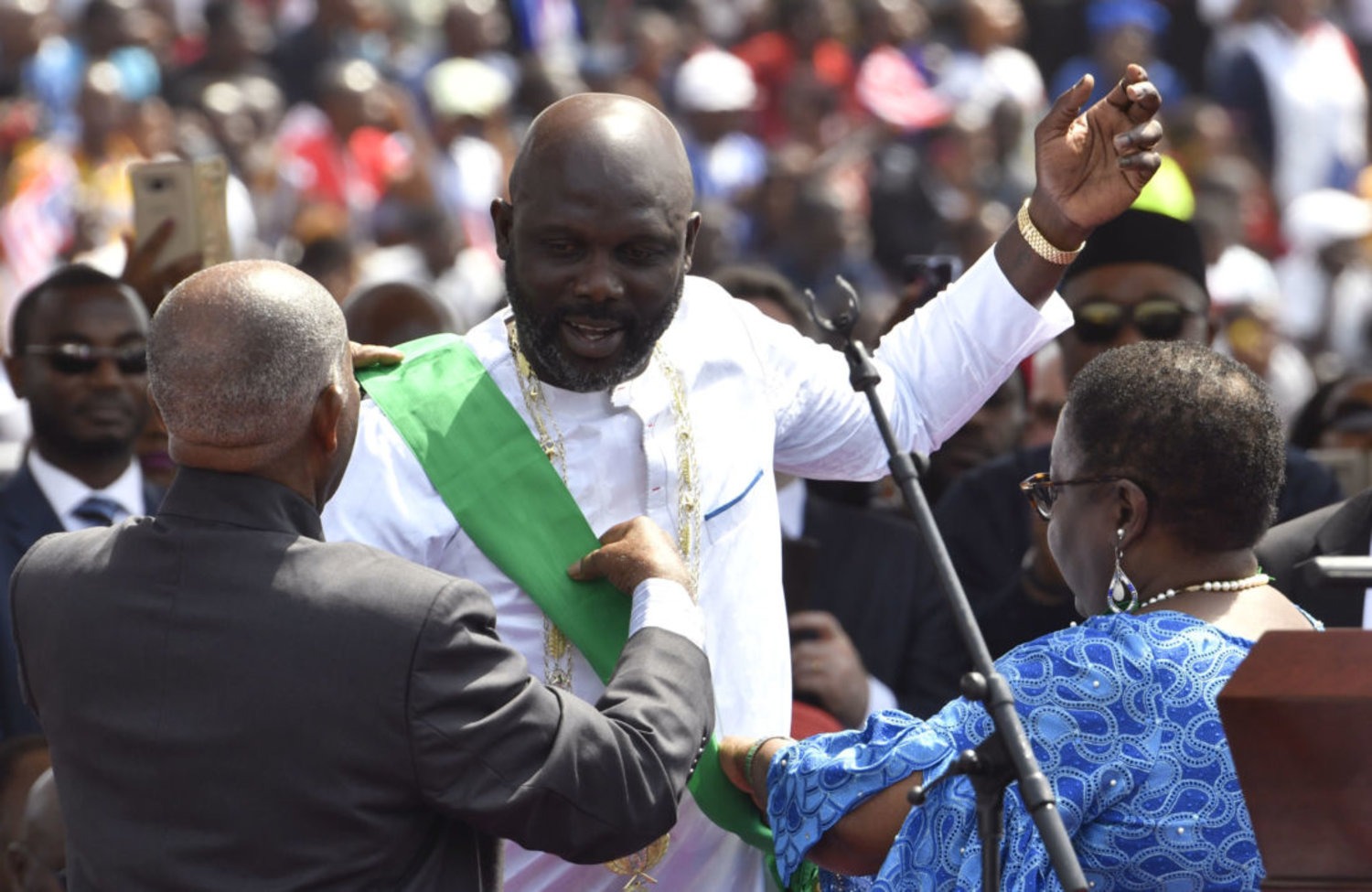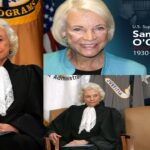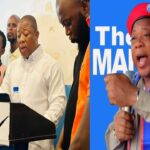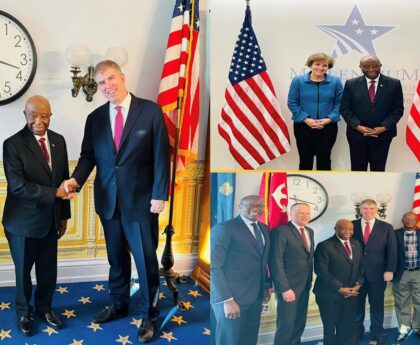Liberia, a country rich in history and resilience, has been through its share of trials and tribulations. The 2023 Presidential election in Liberia was closely watched both domestically and internationally. Incumbent President George Weah, a former international football star, rose to power in 2018 with a wave of optimism and hope. However, there were several reasons and challenges in retaining his presidency.
- Economic Challenges: Liberia has been grappling with economic difficulties for years. High inflation rates, unemployment, and poverty levels have created significant discontent among the population. Despite George Manneh Weah’s promises to stimulate economic growth, many Liberians have yet to see tangible improvements in their daily lives. The lack of economic progress eroded his support base.
- Corruption Concerns: Corruption remains a major issue in Liberia. George Manneh Weah’s administration has faced allegations of corruption and mismanagement, with critics arguing that corruption is still pervasive within the government. If these allegations are substantiated, it could lead to a loss of faith in his leadership.
- Youth Discontent: President George Manneh Weah enjoyed strong support from Liberia’s youth during his election. However, youth unemployment remains a significant issue, and many young Liberians feel disillusioned. They perceive that George Manneh Weah has not delivered on his promises of opportunities and better livelihoods, he lost their support.
- Healthcare and Education Challenges: Liberia’s healthcare and education systems continue to struggle with inadequate infrastructure and resources. Access to quality healthcare and education remains a concern for many Liberians. Lack of improvements in these areas were not made, and led to dissatisfaction among voters.
- Political Opposition: George Manneh Weah faces a formidable opposition, including candidates with experience in governance and politics. These opponents may capitalize on the public’s discontent and present themselves as viable alternatives. The presence of a strong opposition split the vote against George Manneh Weah.
- International Relations: George Manneh Weah’s foreign policy decisions and international relations also influence the election. Liberia’s relationships with key partners and organizations, such as the United States and the United Nations, impact the country’s political landscape. International support and cooperation are critical for Liberia’s stability and development.
- Electoral Process and Transparency: The fairness and transparency of the electoral process were closely scrutinized. Allegations of electoral misconduct or irregularities were eroded with confidence in the outcome. Ensuring a free and fair election is crucial for the legitimacy of Liberia’s democracy.
Conclusion
The Presidential election in Liberia was a critical moment for the nation’s future. President George M. Weah’s administration was faced with several challenges during his tenure, including economic difficulties, corruption allegations, and discontent among the youth. These factors, coupled with a strong political opposition and concerns about healthcare and education, contributed to the loss in the presidency election. However, it is essential to remember that elections are inherently uncertain, and the final outcome were determined by the will of the Liberian people. Liberia’s democratic journey is a testament to the nation’s resilience, and the election will undoubtedly shape its path forward.




